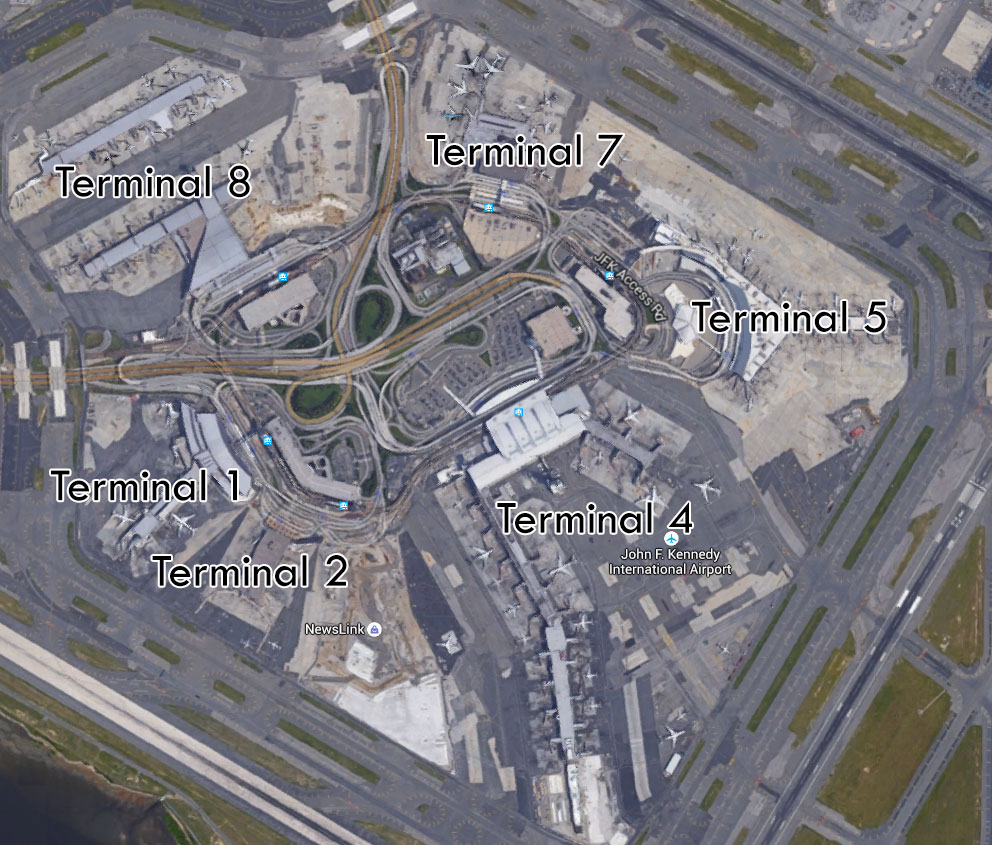John F. Kennedy's legacy remains a significant part of American history, particularly his visionary plans that shaped the nation during his presidency. Known as the JFK Plan, these strategies were designed to address critical issues such as civil rights, economic growth, and international diplomacy. In this article, we delve into the details of the JFK Plan, its impact, and its relevance today.
As one of the most iconic figures in American politics, John F. Kennedy left an indelible mark on the country's trajectory. His presidency was marked by ambitious initiatives aimed at fostering progress and equality. The JFK Plan served as a blueprint for transformative change during a tumultuous era in American history.
This article provides a detailed exploration of the JFK Plan, examining its components, objectives, and enduring significance. By understanding the strategies outlined by President Kennedy, we gain insight into his leadership style and the challenges he sought to overcome.
Read also:Hoodwinked Behind The Voice Actors And Their Impact On Animation
Table of Contents
- Biography of John F. Kennedy
- Overview of the JFK Plan
- Civil Rights Initiatives
- Economic Growth Strategies
- The Space Race
- Foreign Policy and Diplomacy
- Education Reform
- Health Care Initiatives
- The Legacy of the JFK Plan
- Conclusion and Call to Action
Biography of John F. Kennedy
Before diving into the JFK Plan, it is essential to understand the man behind the vision. John Fitzgerald Kennedy, often referred to as JFK, was the 35th President of the United States. Below is a brief biography and key data about his life:
Key Data of John F. Kennedy
| Full Name | John Fitzgerald Kennedy |
|---|---|
| Date of Birth | May 29, 1917 |
| Place of Birth | Brookline, Massachusetts |
| Date of Death | November 22, 1963 |
| Presidential Term | January 20, 1961 – November 22, 1963 |
Kennedy's charismatic leadership and commitment to progress made him a pivotal figure in American history. His vision for the future laid the foundation for many of the policies implemented during his presidency.
Overview of the JFK Plan
The JFK Plan encompassed a wide range of initiatives aimed at addressing the pressing issues of the time. These strategies were designed to promote equality, economic prosperity, and international peace. Some of the key components of the plan include:
- Promoting civil rights
- Boosting economic growth
- Advancing space exploration
- Strengthening foreign policy
By addressing these areas, Kennedy sought to create a more inclusive and prosperous society. His vision was rooted in the belief that progress could only be achieved through collaboration and innovation.
Civil Rights Initiatives
One of the most significant aspects of the JFK Plan was its focus on civil rights. Kennedy recognized the urgent need for change in a nation grappling with racial inequality. His administration took several steps to address this issue:
Key Civil Rights Actions
- Support for the Civil Rights Act of 1964
- Establishment of the Civil Rights Commission
- Defense of voting rights
These initiatives laid the groundwork for the landmark civil rights legislation that followed his presidency. Kennedy's commitment to equality helped pave the way for a more just society.
Read also:Catriona Gray And Sam Milbys Breakup Everything You Need To Know
Economic Growth Strategies
Economic growth was another critical component of the JFK Plan. Kennedy believed that a thriving economy was essential for national prosperity. His strategies included:
- Tax cuts to stimulate investment
- Investment in infrastructure
- Support for small businesses
By implementing these measures, Kennedy aimed to create jobs and boost economic activity. His economic policies were instrumental in driving the nation's growth during the early 1960s.
The Space Race
The JFK Plan also placed significant emphasis on advancing space exploration. Kennedy's vision for space travel was encapsulated in his famous 1961 speech, where he challenged the nation to land a man on the moon by the end of the decade. This ambitious goal became a defining moment in American history.
Key Achievements in Space Exploration
- Establishment of NASA's Apollo Program
- Increased funding for space research
- Collaboration with international partners
Kennedy's leadership in the space race not only advanced scientific knowledge but also strengthened national pride and global influence.
Foreign Policy and Diplomacy
In addition to domestic issues, the JFK Plan addressed international challenges through a robust foreign policy. Kennedy's administration focused on:
Key Foreign Policy Initiatives
- Negotiating peace during the Cuban Missile Crisis
- Strengthening alliances with NATO
- Promoting nuclear disarmament
These efforts helped stabilize global tensions during the Cold War era. Kennedy's diplomatic approach earned him respect on the world stage and contributed to lasting peace.
Education Reform
Education reform was another priority in the JFK Plan. Recognizing the importance of education in fostering progress, Kennedy advocated for:
- Increased funding for public schools
- Support for teacher training programs
- Expansion of higher education opportunities
These measures aimed to improve the quality of education and ensure equal access for all students. Kennedy's commitment to education reflected his belief in the power of knowledge to transform society.
Health Care Initiatives
Health care reform was also a focus of the JFK Plan. Kennedy recognized the need for affordable and accessible health care for all Americans. His administration worked to:
- Expand Medicare coverage
- Improve mental health services
- Support medical research
These initiatives laid the foundation for future health care reforms and demonstrated Kennedy's dedication to improving public health.
The Legacy of the JFK Plan
The JFK Plan continues to influence American policy and society today. Its emphasis on equality, economic growth, and global cooperation remains relevant in addressing contemporary challenges. Kennedy's vision inspired future generations to pursue progress and innovation.
By examining the components of the JFK Plan, we gain a deeper understanding of its lasting impact. Kennedy's leadership and foresight helped shape a more inclusive and prosperous nation.
Conclusion and Call to Action
In conclusion, the JFK Plan was a comprehensive strategy designed to address the critical issues of its time. Through its focus on civil rights, economic growth, space exploration, foreign policy, education reform, and health care, the plan laid the foundation for lasting change. Kennedy's vision continues to inspire efforts toward progress and equality today.
We encourage readers to reflect on the lessons of the JFK Plan and consider how they can contribute to creating a better future. Share your thoughts in the comments below or explore other articles on our site to learn more about American history and leadership.
Data and information in this article are supported by reputable sources such as the John F. Kennedy Presidential Library and Museum and the History Channel. These resources provide valuable insights into the life and legacy of John F. Kennedy.


